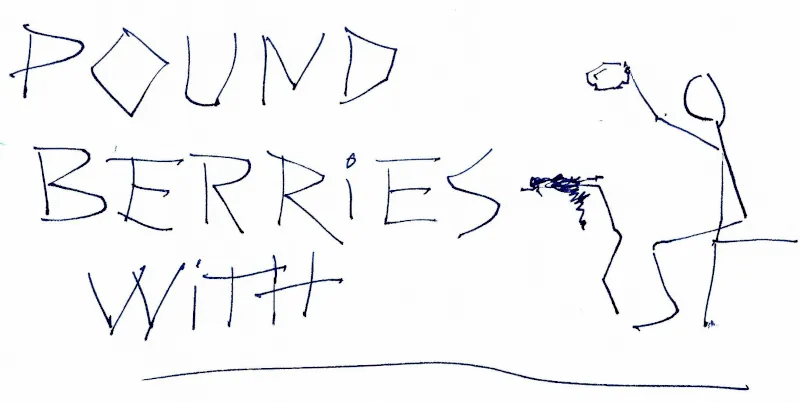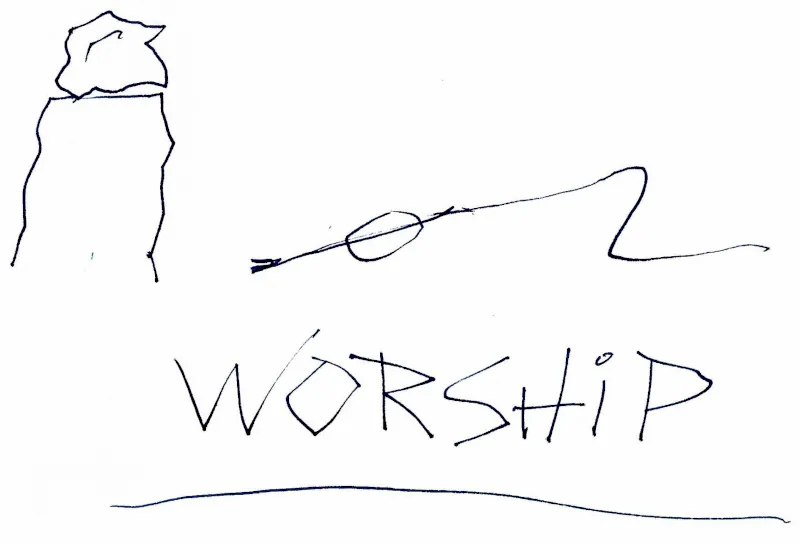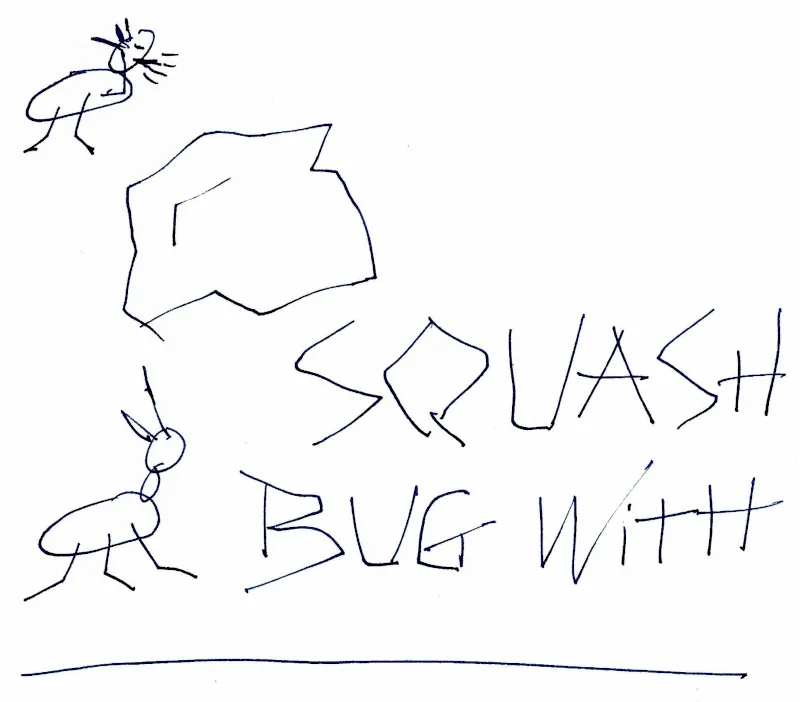Tricycles.—Simple mathematics proves that it takes 50% more effort to balance on a tricycle than on a bicycle.
Today is World Book Day. You could celebrate with a book.
Edited by H. Albertus Boli, LL.D.
Tricycles.—Simple mathematics proves that it takes 50% more effort to balance on a tricycle than on a bicycle.
Today is World Book Day. You could celebrate with a book.

Discovery of Brazil by Portuguese; discovery of Portuguese by Brazilians.







Now here is a house with mock shutters.

These are advertised as things that will “add sophistication to your home,” and for a long time Dr. Boli simply could not figure them out. It was not just that they were not functional; it was that he could not understand what the people who installed them thought they were.
If they were conceived of as illustrations of shutters, the way some people wear a shirt with a picture of a jacket and tie on it, that might make sense. You cannot afford the expense of hinges, but you want your neighbors to think that you have the kind of money it would take to put hinges on your shutters.
But obviously they are not conceived of that way. Take a look at the second picture again. Imagine the shutters shutting. Imagine how much of the windows on the first floor they would cover. When you have stopped laughing, try to explain what the people who installed them thought they were installing.
For decades this mystery has bothered Dr. Boli. What do these mock shutters represent? What idea are they meant to convey to us? What is the message of the plastic paste-on shutters?
But at last a reader and friend gave Dr. Boli the explanation he had been waiting for. Shutters, she said, are air quotes for windows. They tell us, the spectators, “This decorative glass-covered hole in the wall is a ‘window.’ In ancient times, before LED bulbs, ‘windows’ were used to admit ‘light’ into the house, and some of them could even be ‘opened’ to admit ‘fresh air,’ a substance on which our ancestors placed much value, though the reason for it has been lost in the ‘mists’ of ‘time.’ Today we honor the traditions of our ancestors by placing ‘windows’ in the walls of buildings of the higher class.”
This is the only satisfactory explanation for mock shutters that Dr. Boli has ever heard. But it does bring up another question: What is the overlap between people who put mock shutters on windows where they could not possibly shut and people who constantly use air quotes in conversation? Dr. Boli has begun to suspect that a Venn diagram of those two groups could be made with one circle.
Meanwhile, now that we have made some progress in the mystery of the mock shutters, perhaps another reader will be able to explain rear spoilers on front-wheel-drive cars.
The photographs are generously provided by Father Pitt.

Tree of the Knowledge of Good and Evil.—Contrary to popular mythology, the fruit offered by the serpent to Eve was not an apple but a durian. Even today, people who attempt to eat durians commonly come away from the experiment with more knowledge than they can handle.
Dear Dr. Boli: I’m a bit bored with the government we have, and I was thinking of swapping it for something shinier. Can you explain the various forms of government? —Sincerely, the Hon. M. Johnson, Speaker of the United States House of Representatives.
Dear Sir: With pleasure. All the major forms of government have the welfare of the populace as their goal, but they differ in their structure because they differ in their assumptions.
Democracy assumes that the average uneducated yokel is the best judge of what is good for the average uneducated yokel, in spite of clear evidence to the contrary.
Monarchy assumes that the welfare of the people will be best secured by placing all authority in the hands of one person whose sole qualification is having been born to a longer line of inbred imbeciles than anyone else in the country.
Dictatorship assumes that the welfare of the people will be best secured by placing all authority in the hands of one person who lacks the only qualification that monarchs possess.
Aristocracy assumes that the wealthiest and most privileged are also the most virtuous, and must necessarily devote themselves to the welfare of the very people who they know would massacre them and take their wealth and privileges given half a chance.
A republican form of government, such as is guaranteed to the states in the United States Constitution, assumes that the evils of democracy can be avoided by having the average uneducated yokels select other yokels to represent them, and that the evils of monarchy, dictatorship, and aristocracy can be avoided by removing the representative yokels from office just when they have begun to figure out how government works.
Communism assumes that the working classes, the most uneducated of the uneducated yokels, are the repository of all virtue, and that their welfare can best be secured by making the proletariat an absolute dictator, as long as that proletarian dictatorship is vested in an educated middle-class philosopher who definitely will not be replaced by a vicious thug at the earliest opportunity.
Theocracy assumes that God himself will choose his own favorite vicious thug to govern his people.
Anarchy assumes that, left to themselves without the interference of a wicked government, ordinary uneducated yokels will be unrelentingly virtuous and will not begin to slaughter intellectuals indiscriminately, starting with the anarchists.